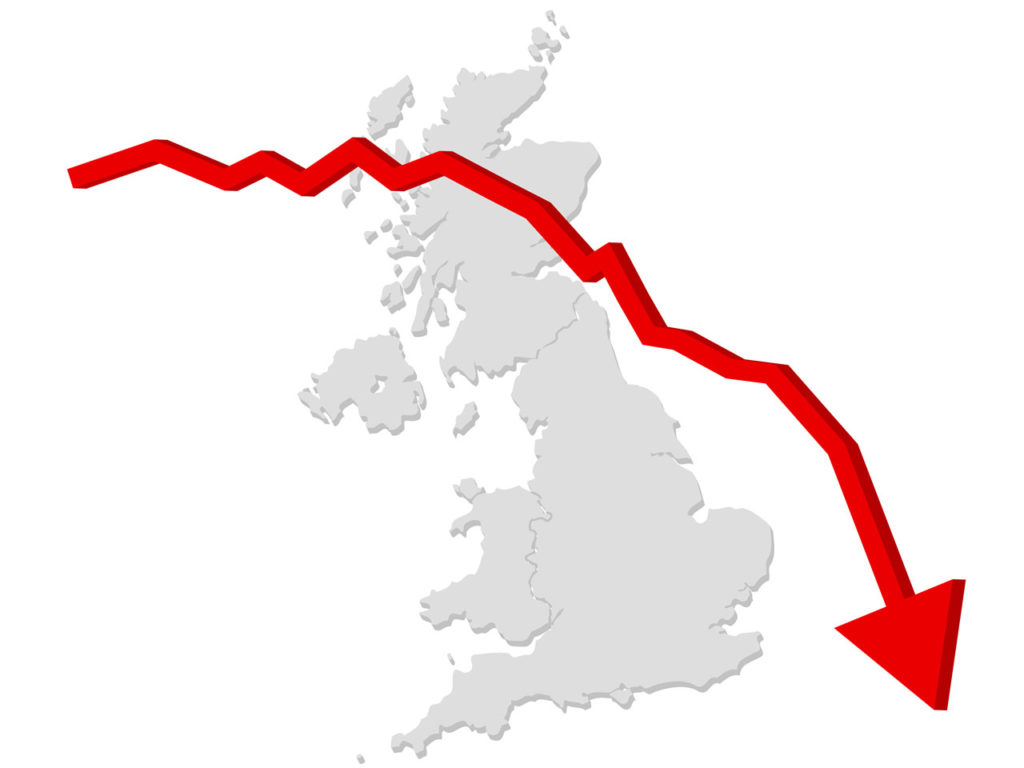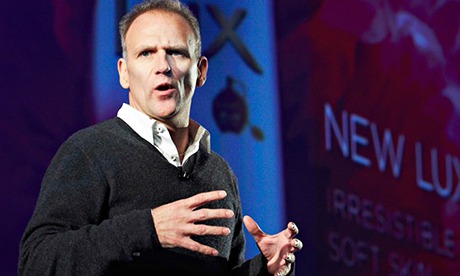A new study by Engage Management Consultants suggests that UK sales teams will face significant challenges ahead. 5 key trends conspire to make delivering sales results even harder.
Retail re-structuring puts pressure on sales teams
Most UK brands rely on supermarkets and larger hypermarkets for over 70% of their sales today. However, the rise of discounters, category specialists, convenience retail, online grocers, recipe boxes and subscriptions are rapidly eating into this core business. As a result, over the coming years, the growth of supermarkets and hypermarkets is set to stall and probably decline.
Many sales teams pin their hopes on replacing this lost growth in emerging channels. But, for most brands, this is likely to be tough. Discounters and convenience stores favour limited ranges so offer little respite for brands not already distributed there. Online sales may well seem to be the panacea for many. But successfully converting brand awareness in an online grocery store is proving to be much harder than many sales managers had imagined.
We have worked with a number of teams who are considering this shift and, on average, their brands are predicted to lose between 5 and 10 per cent of their market share if they do not make swift and significant adjustments to their strategies over time.
Changing shopper behaviour challenges sales teams
As a new cohort of shoppers enters the market en masse and as existing shoppers begin to experiment with new ways of buying, our assumptions about how people behave are being upended.
As shoppers spread their purchases across numerous retail platforms, sales teams face several challenges. For instance: When considering recipe boxes, how important is the brand within a curated meal solution? With online grocery shopping, how skilled are current sales teams in securing first-page visibility for their brands? When shoppers switch to discounters or convenience retail, can sales teams ensure brand distribution? And, if footfall declines in supermarkets, how do sales teams manage that decline?
These are all significant problems that may see lead to the further erosion of market share if not aggressively addressed.
Retail consolidation
The first two macro-trends affect a brand’s topline growth but in the UK retail consolidation is likely to hammer the bottom line too. Assuming the Sainsbury / Asda merger is concluded; over 60% of the UK’s grocery sales may be concentrated in the hands of the new group and Tesco.
Sales teams in the UK will have to manage significant challenges in trade terms negotiations; similar mergers have seen a loss of up to 1.5% of margin which is likely to hurt.
Increased financial pressure from retail
In the long term, all supermarket retailers will feel the pinch of retail restructuring and use aggressive pricing to entice shoppers back into their stores. Concurrently price pressure from discounted brands and from online retailers will increase the pressure on retail prices.
At a time of currency devaluation along with the rise in input costs, grocery brands are likely to suffer a major constriction. But this is not the only issue arising from retail. Globally retailers are destocking and cutting the number of products they hold; as well as reducing inventory. These factors may well also lead to a further decline in grocery sales. Sales teams will also almost certainly feel further pressure as retailers also seek to pay slower.
All in all, these pressures from retailers could put brands in considerable and escalating financial difficulty over the coming years.
Talent shortages
Whilst the UK boasts of its low unemployment, there is a marked shortage of knowledge workers generally. In times past, FMCG companies were attractive employers offering good working conditions, training and remuneration. However, as employers, the CPG industry has been long-eclipsed by the financial sector and the tech sector, which has drained much of the new talent from the market.
Young sales managers in the industry are impatient at the slow rate of development they perceive in consumer goods and many leave in the hope of better prospects elsewhere. This puts huge pressure on the incumbent sales teams to just look after the day-to-day delivery of targets, let alone consider the strategic development of a brand’s future. As a result, the overall capability of many consumer goods companies is in decline.
So what does this all mean for sales teams?
For many managers, these trends may seem quite abstract; the effects distant, even remote. However, collectively, they will combine to have an immediate impact on all members of customer-focused cross-functional teams in the industry, both now and over the coming years:
Finance teams will see a net decline in cash flow as retailers destock and pay slower: making ready cash flow management harder and forcing some tough decisions that are likely to be unpopular.
If brand shares decline, budgets will be slashed or shifted to faster-growing markets. Furthermore, the pressure to justify expenditure as well as to account for ROI will intensify.
For sales teams, things will get even tougher: expect hard negotiations with customers; greater pressure on your performance in the short term; and lower bonuses in the future.
Industry leaders respond
The leading lights in the industry are rapidly taking proactive steps to mitigate risk and even prosper from the opportunities that this new environment presents. Many are currently taking steps to better understand the fast-evolving UK retail landscape, to reassess retail channel priorities as well as to redefine and crystallise future sources of revenue growth.
This is leading to a concerted multi-functional effort across commercial functions, as combined teams collectively reconsider customer priorities, build more integrated brand and customer plans and determine a vision for the ‘store of the future’.
Many are taking the opportunity to assemble real and virtual customer-focused teams with the aim of blending the best resource to deliver against cross-functional initiatives which will underpin future sustainable growth.
These businesses are well placed to weather the storm; however, they represent only a small minority of the UK’s branded manufacturers. Many of the others are struggling to identify where to start and how to engage cross-functionally to formulate a response.
Accessible solutions at hand
To support leaders and managers in the industry during these tempestuous times, Engage has partnered with a team of UK and Global industry experts in order to build a roadmap that describes the key actions that companies should be planning for the future as well as helping them to identify immediate opportunities to begin working together ever more closely as a team.
Both the roadmap and Engage’s findings are freely available to managers in the consumer goods sector. If you would like us to share these with you, please email toby@engageconsultants.com today.


